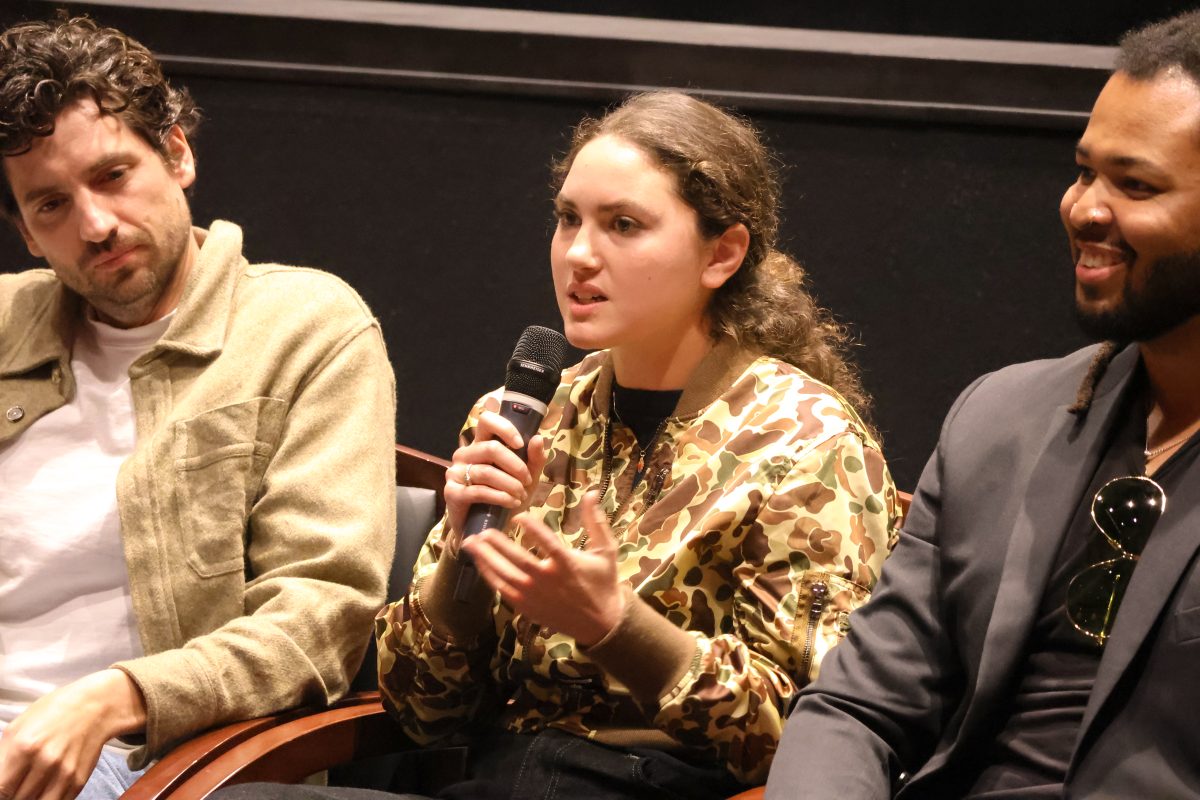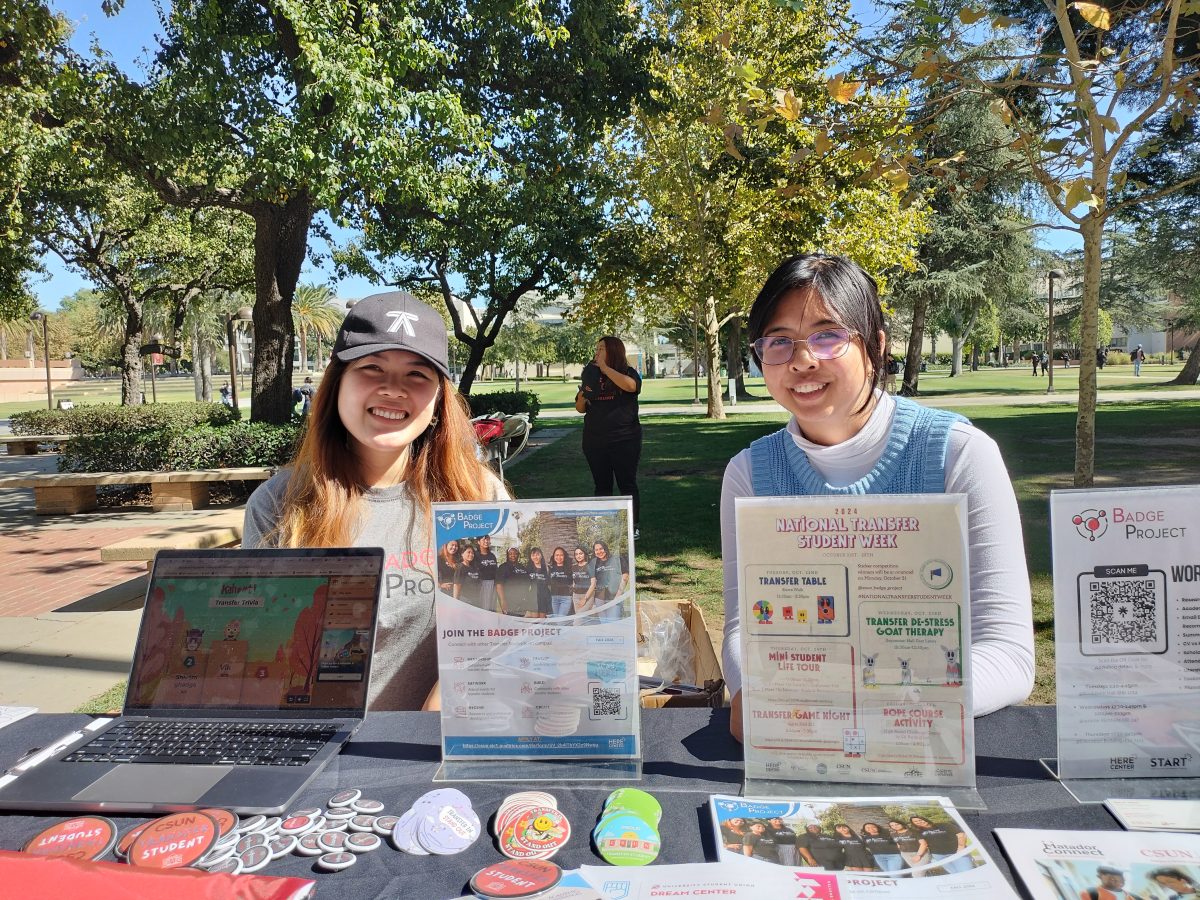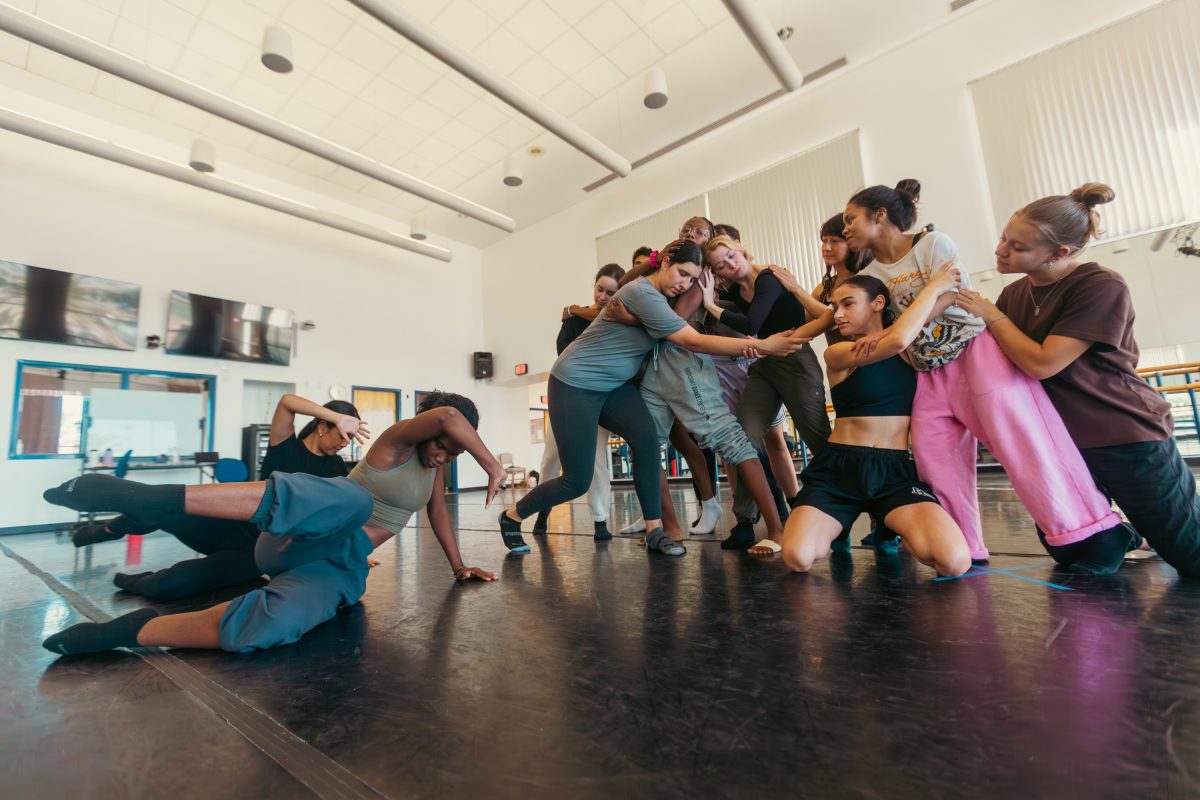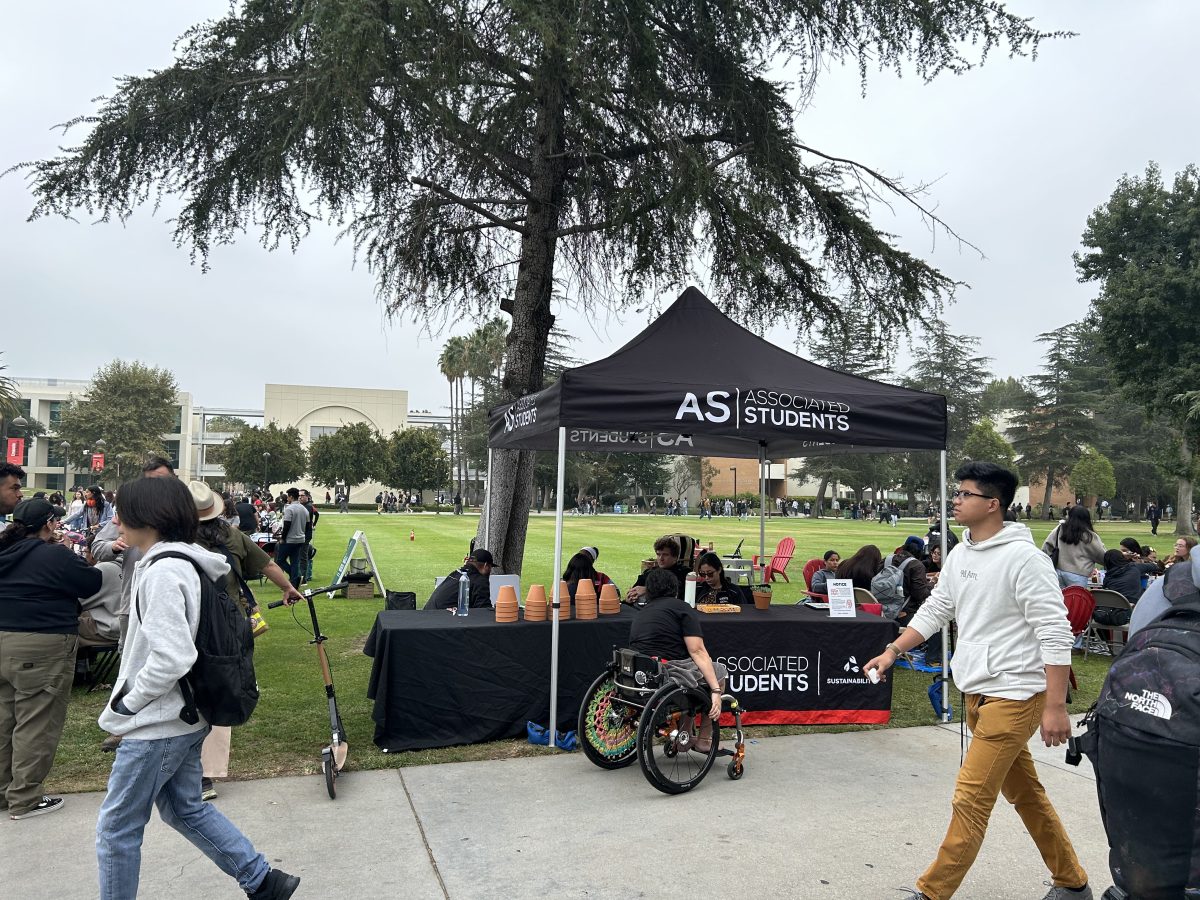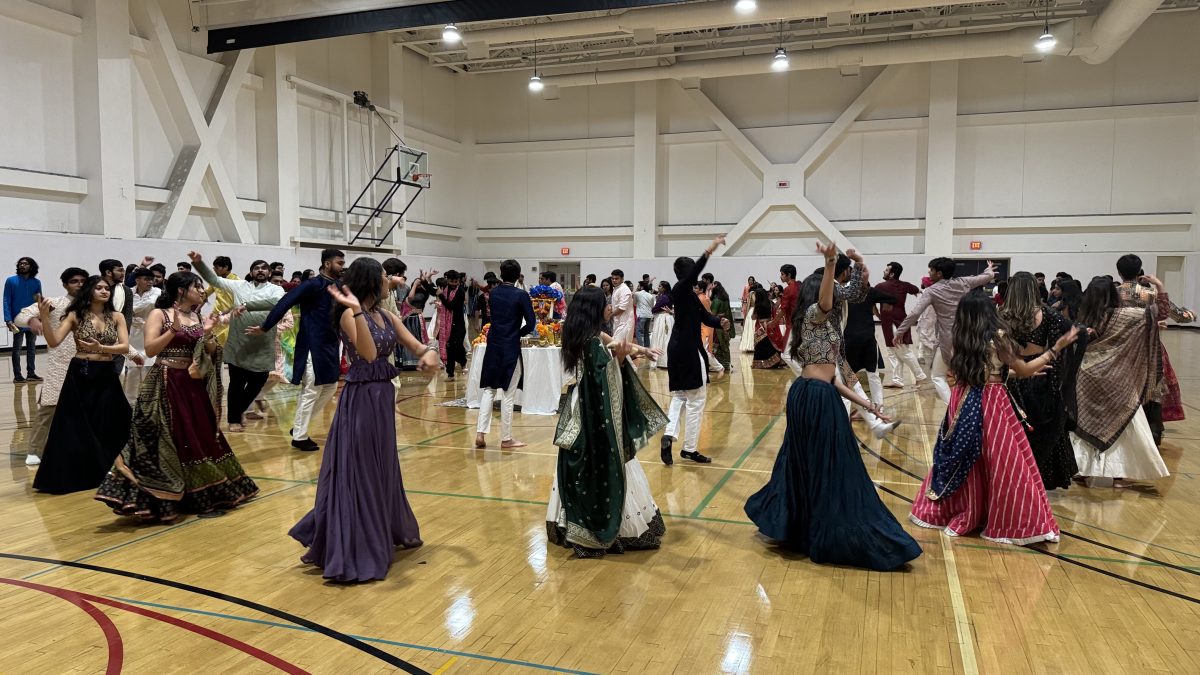Joni is late.
There was a party and she may have kissed the boy she likes and she may have had a little too much to drink and she may have driven herself home. She’s in trouble.
Her parents are waiting at the foot of the stairs and despite the straight A’s and the college acceptance letters Joni is grounded. This scene could take place in any family-based comedy, if not for Joni’s withering response, that her Moms are only upset because her behavior cracks the veneer of their “perfect lesbian” family.
The placement of familiar issues against a modern configuration of family lies at the heart of “The Kids Are All Right,” a new film by writer and director Lisa Cholodenko and writer Stuart Blumberg. The film, which opens July 9, deals with a lesbian couple whose children reach out to their biological father, a sperm donor.
While the film touches on controversial subjects, Cholodenko views the film as a family values movie.
“I’m the first to admit, we did not want to be overtly political,” Cholodenko said in an interview. “I think it’s subversive in that way”
Nic (Anette Bening) is the family breadwinner, a doctor and a perfectionist. Jules (Julianne Moore) is a free spirit, apt to making up words in Scrabble. She put her career aside to raise the couple’s children, 18-year-old Joni (Mia Wasikowska) and Laser (Josh Hutcherson), their teenage son. Each child was conceived through the same sperm donation and carried by one of the Moms.
Like any long-married couple, Nic and Jules face issues. Nic likes an extra glass or three of wine and Jules bought a new truck to help her bourgeoning landscaping business without consulting the family. Their problems intensify when Laser persuades Joni to find their donor father, Paul, an organic restaurant owner low on commitment played by Mark Ruffalo.
The film is based partly on the experiences of its writers. Cholodenko and her partner are raising a 4-year-old boy conceived through sperm donation. Blumberg is himself a sperm donor. The idea of what happens down the road between the children and the donor intrigued both writers, Blumberg said.
Cholodenko also viewed the film as a way to make a more commercial story, albeit one with a unique backdrop. Her previous films, like 1998’s “High Art” and 2002’s “Laurel Canyon,” received more critical acclaim than ticket sales. Blumberg, known for mainstream works like “Keeping the Faith” and “The Girl Next Door,” brought a different approach to the material.
“The idea was to wed our two sensibilities,” Blumberg said. “Her rough, dark, indie approach and my commercial, comedy outlook.”
The ability to blend scenes of raw emotion and more lighthearted comedy owes much to the talent of the lead actors. Bening plays Nic as reserved and slightly demanding. She struggles to hold on to her idea of the family even as Joni and Jules are drawn to Paul.
Moore shines as Jules, the emotional center of both the family and the film. She can be both vulnerable and broken, like when she questions whether Nic is attracted to her anymore, and very funny. A scene in which she tries to explain to Laser why she and Nic prefer gay male pornography to lesbian pornography stands out (hint: it’s all about the authenticity of the actresses).
The depth of feeling is one of the aspects that attracted Moore to the character.
“I love her (Jules),” Moore said. “She’s present emotionally and so good at connecting with other people, but incredibly lost in her own life.”
Moore said she seeks out roles in which characters undergo a transition, something that can be said about all the family members. Joni’s departure to college leaves Nic and Jules facing an empty nest and each other for the first time in 18 years. Even Paul, an absurdly self-confident bachelor, experiences a transformation.
“I love the journey he makes,” Ruffalo said. “He starts comfortable with himself and then comes apart at the seams. His life isn’t as cracked up without a family to share it with.”
The journey for the characters, from self-contained family unit to something new, takes center stage. The story is not dependent on the make up of the family. It could be a heterosexual couple or a divorced couple, according to Cholodenko.
“Let’s just put the family out there,” the director said. “Let’s focus on the humanity of this and find what’s universal.”
By appealing to the universal, “The Kids Are All Right” becomes relatable to anyone facing a transition in their life. Strong performances from Moore, Ruffalo and Wasikowska add to the somewhat clichéd plot developments. Like “Juno” and “Little Miss Sunshine,” the film will please anyone looking for a summer movie that lies off the beaten path.

